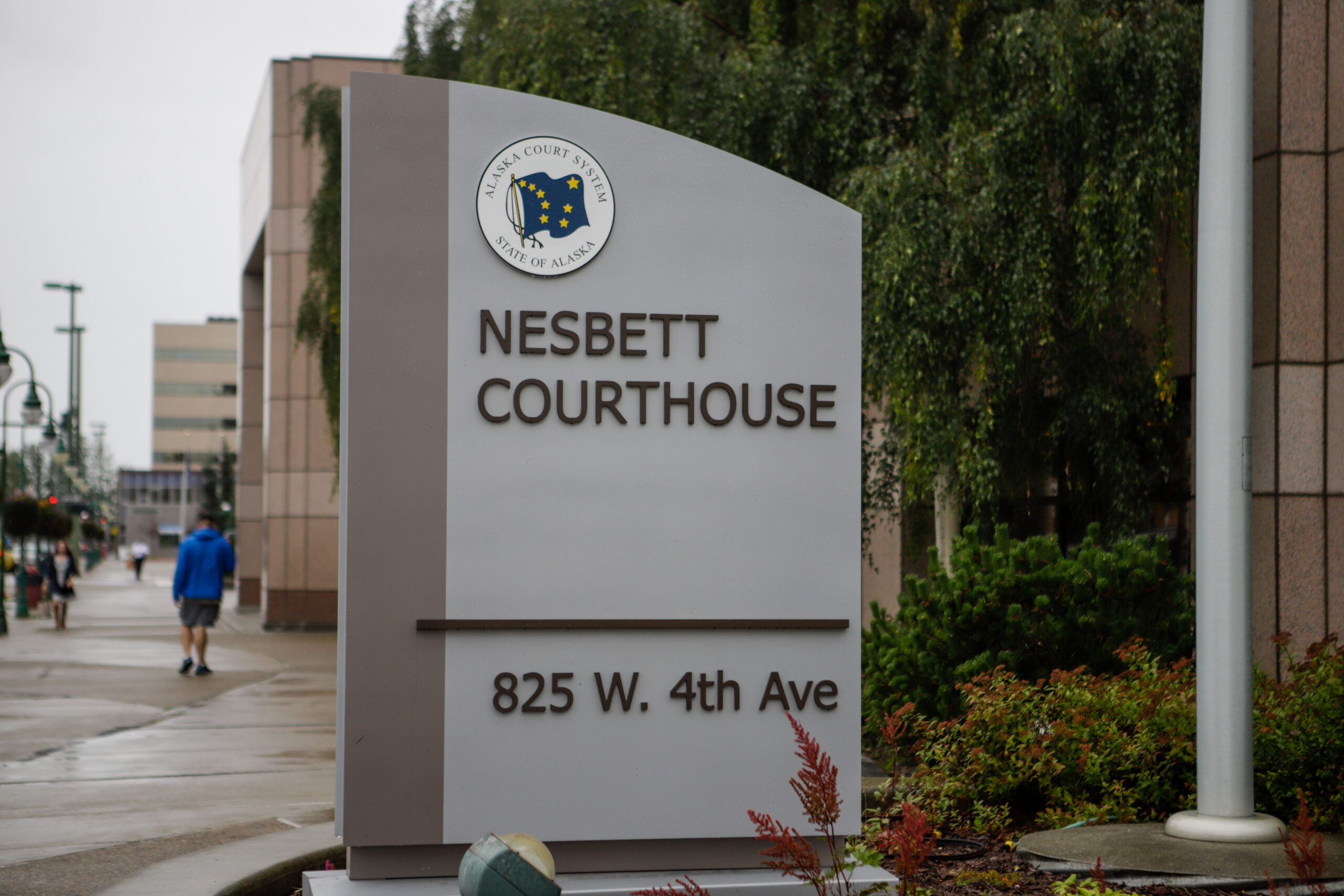
A ruling that declared two laws key to Alaska’s homeschool system unconstitutional will be put on hold — but only through the end of June.
It’s the latest development in the landmark case. One of the statutes in question outlines a system of cash payments to families of homeschooled students, known as “allotments.” The other authorizes “individual learning plans,” which homeschooled children use to guide their education. In the system, parents sign their kids up for a public correspondence school, which issues diplomas, approves vendors and oversees students’ progress.
But the judge found that parents were using allotments to pay for private and religious schools, a violation of the state Constitution.
Shortly after the ruling, both the state and the plaintiffs asked the judge to put the order on hold. The state asked that the ruling be stayed pending an appeal to the Alaska Supreme Court; the plaintiffs, four parents of Alaska public school students, asked for a stay only through June 30.
The judge’s order denying the state’s motion for a longer stay of the ruling also clarifies key aspects of the case. For one thing, the ruling makes clear that correspondence programs are not on their own unconstitutional.
“Correspondence (homeschooling) programs existed before AS 14.03.300-.310 were enacted, and correspondence programs continue to exist after this Court’s Order,” Judge Adolf Zeman writes.
Gov. Mike Dunleavy has said, most recently on Wednesday, that the court ruling not only declared Alaska’s correspondence education system unconstitutional, but also threw all manner of routine education spending on private companies — from buses to books to cafeteria operations at ordinary neighborhood schools — into question.
But that interpretation “mischaracterizes and misreads the Court’s April 12th Order,” Zeman writes.
“The only statutes at issue in this case concern the correspondence allotment program; as a result, this Court’s Order finding those statutes unconstitutional only affects those statutes — AS 14.03.300-.310,” Zeman’s ruling continues.
In his final judgment in the case, Zeman prohibits “future expenditures of public funds for the direct benefit of private educational institutions,” leaving the state free to continue most education spending, said Scott Kendall, an attorney representing the plaintiffs in the case.
“[Zeman] has made super clear that although the statutes that came down were broader, because it was a whole system, that the key legal determinant here is that you can’t spend money for the direct benefit of private schools,” Kendall said in a phone interview. “That clears the deck for a regulatory solution or a legislative solution.”
The state appealed the ruling on Friday and asked the Supreme Court to keep the ruling on hold until it issues a final decision. If the court declines to extend the stay, the Dunleavy administration is asking for an accelerated schedule that would provide a final decision by June 30.
Sen. Bill Wielechowski, D-Anchorage, said the ruling adds urgency as lawmakers attempt to push through a legislative fix that would add new rules for how allotments can be spent.
If lawmakers fail to pass new rules for allotments and individual learning plans, or the Department of Education and Early Development declines to issue new regulations, they will cease to exist, Wielechowski said.
“Absent any framework, any guidelines, any regulations or statutes dealing with those two provisions, this is going to create mass confusion. It’s going to create uncertainty and instability for parents who are homeschooling their kids,” he said. “I believe it is imperative for us to pass something.”
In a statement on social media, Dunleavy offered support for a House Education Committee bill that would direct the state to craft new homeschool regulations compatible with the court’s decision. Correspondence school leaders voiced support for the bill Friday morning. A separate measure is working its way through the Senate. Lawmakers have less than two weeks before the constitutional end of the regular legislative session.
Editor’s note: This story has been updated with comments from Dunleavy and the state’s legal filings on Friday.
Eric Stone covers state government, tracking the Alaska Legislature, state policy and its impact on all Alaskans. Reach him at estone@alaskapublic.org.




